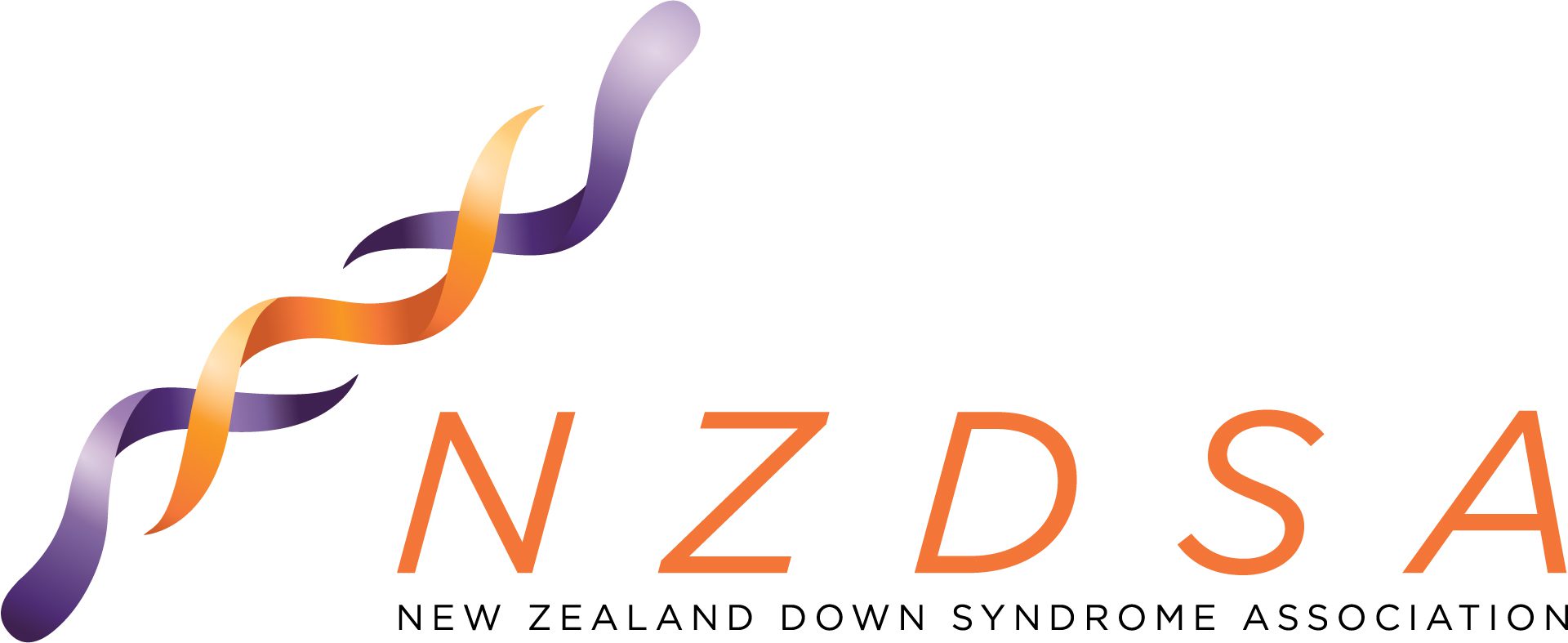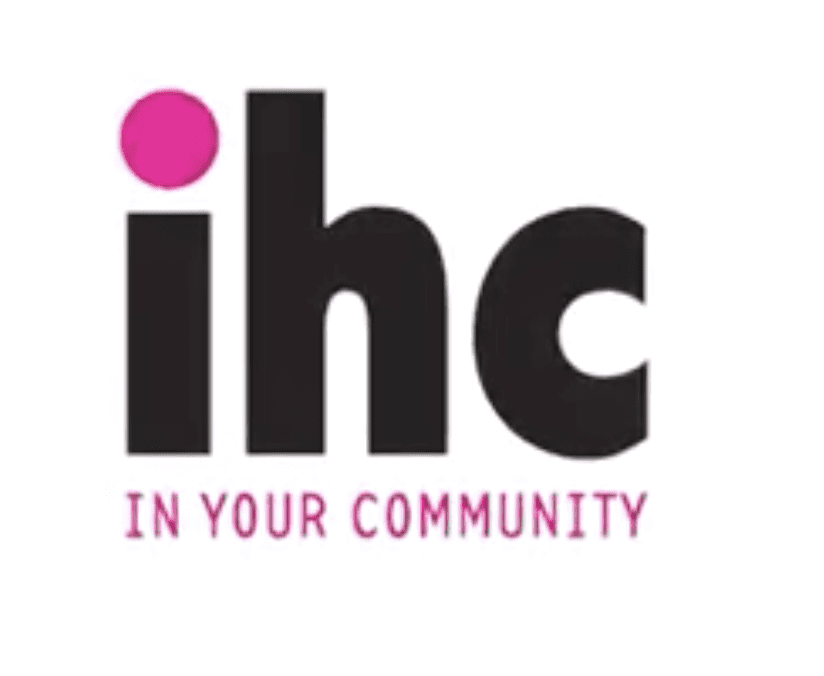The IHC Advocacy team explains why the right to make your own decision is so vital to people with Down Syndrome.
Being able to make our own decisions is a key part of how we all live our lives.
From choosing between whether to have jam or Marmite on your toast, to deciding on who to live with and how to spend your money – these are all decisions we often take for granted.
However, people with intellectual disabilities still face many barriers when it comes to making decisions for themselves and having those decisions acted on.
And for parents or caregivers whose child with an intellectual disability is about to turn 18, the question of what happens next is one we receive often.
How do we best support our adult sons’ and daughters’ decision making?
How can we best support and protect our adult children when they need other people’s help to interpret and represent their choices? And how do we get these decisions recognised as valid decisions?
IHC has always advocated for people with intellectual disabilities to have as much of a say as possible in how they want to live their lives – and naturally there are times when assistance is needed.
Supported decision making empowers people with intellectual disabilities to make their own decisions on an equal basis with others.
It is a right under Article 12 of the United Nations Convention on the Rights of Persons with Disabilities. It means having the right to self-determination, being able to make decisions and having the proper support to do so – and in those instances there are a series of relationships, practices and arrangements put in place to achieve that.
Typically, other people’s judgement of an individual’s capacity and ability to make decisions determines the extent to which they allowed to make their own decisions.
There is a general misunderstanding about intellectual disability and capacity, with views that capacity is fixed and that unwise decision making indicates a lack of capacity. If a person with an intellectual disability makes a poor decision, they can be viewed as being incapable of making future decisions – but, like building a muscle, the more someone has the opportunity to do something, the better at it they become.
The support a person needs will look different for each individual and can change with each decision being made. Knowing and understanding the person who is being supported is critical, as is ensuring that the right support people are involved for specific decisions being made.
In New Zealand, the Family Court authorises legal orders, such as welfare guardianship, so that others can make decisions on the behalf of someone with an intellectual disability – this is substitute decision making. This legal framework has been determined by the United Nations Committee on the rights of Persons with Disabilities to be inconsistent with the spirit and intent of Article 12, which requires a shift towards a supported decision making legal and practice framework.
This shift will require changes in practice in many areas, including how people with an intellectual disability can make decisions around health, living arrangements and finances.
In many instances, we’ve heard of bank staff insisting that families apply for welfare guardians to support their child with finances.
Another issue that can create difficulties for people with intellectual disabilities who are subject to Court Orders is that there is no training given to welfare guardians and property managers, nor any monitoring of their performance to ensure people with disabilities are not being taken advantage of, or are being misrepresented.
New Zealand’s progress on implementing recommendations set out by the UNCRPD is up for review this year, and the question of whether people with intellectual disabilities have the right supports and safeguards to make their own decisions will be evaluated.
It is crucial that we have laws, policies and practices that support people’s rights to make decisions and have those decisions respected.

